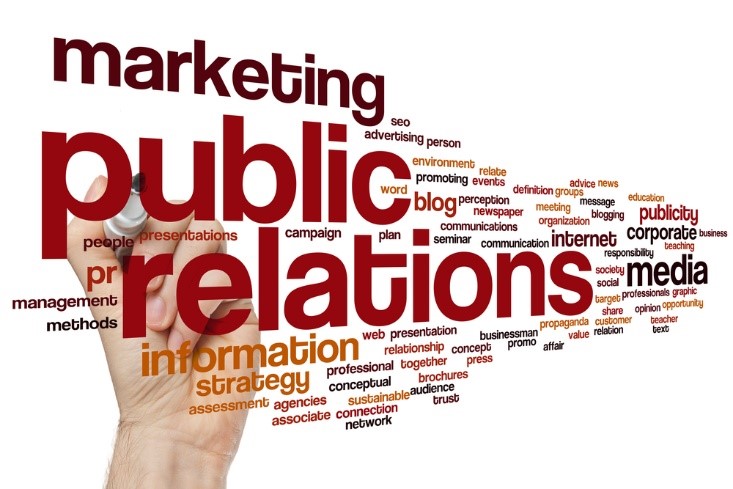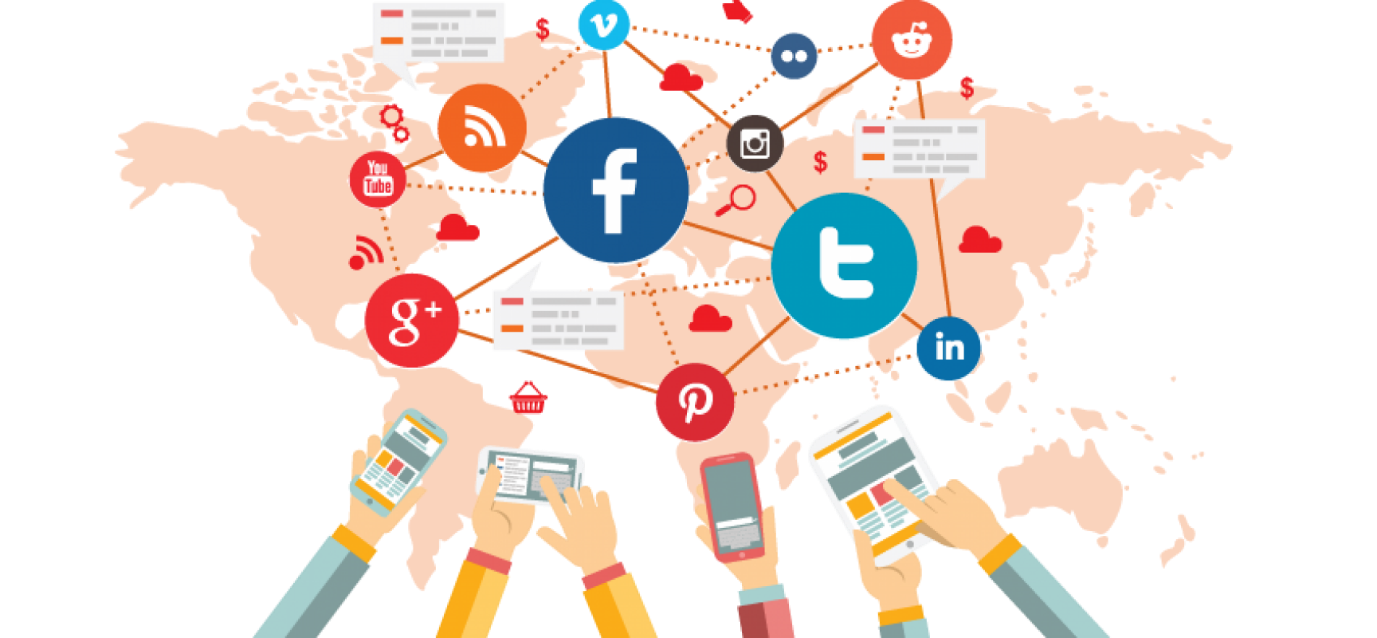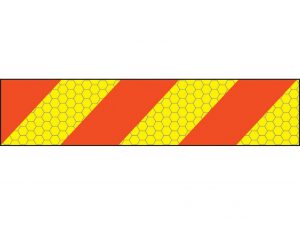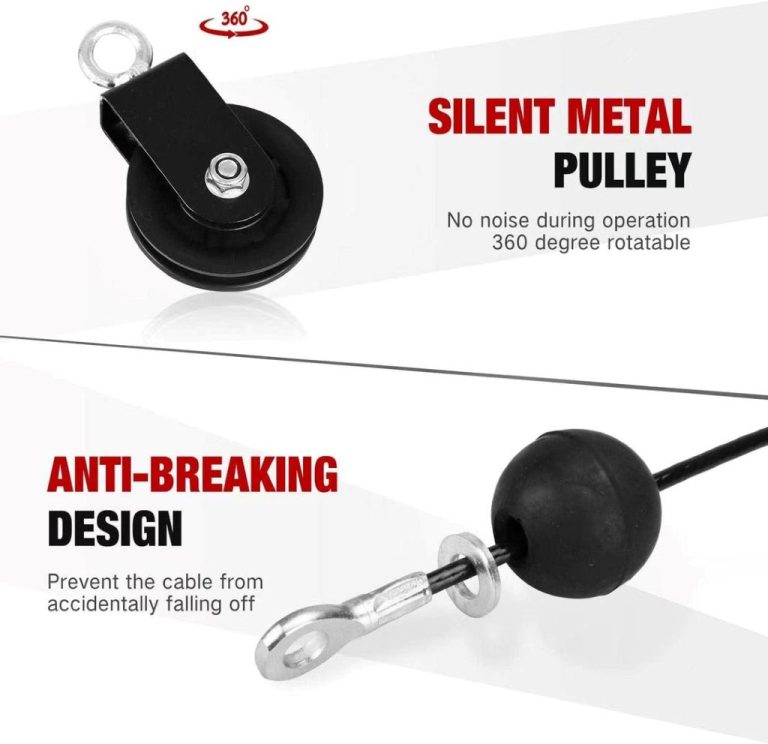Marketing your event can be a daunting prospect. Where to start? There are many aspects of marketing that require skills from various disciplines. It’s not easy to do this alone. Here are some key strategies for creating buzz around your event and making it a ‘must attend’ event this year:
Before the event
Identifying your goals is the first step that must be taken before marketing your event. Do you want to increase ticket sales, create buzz or both ideally? Make sure everyone involved understands the goal clearly before starting to increase your chances of success in marketing your event. A PR firm will have the expertise required to plan a strategy to increase your industry presence. Contact a Cheltenham PR Agency like targetgroup.co.uk/ for more information.

How do you measure those goals? The only way to find out if you are successful is to measure performance so you can learn from experience and make the necessary changes in the future. You can measure things like paid advertising performance, social media feedback and clicking on email rates, to name just a few.
Finally, you need to understand who you are targeting with the promotion. You will want to involve existing clients, partners, future clients and those who are influential in this sector. This way you will not waste resources targeting the wrong audience and can focus your efforts in the right direction.
All event marketing channels
After setting goals and knowing what and how you will measure those goals, you need to start a marketing plan. The approach of using all available channels is usually the best strategy.
Email Marketing – Plan your communication approach first and understand that different audiences will need different email approaches.
Social Media – Special tags for your event are a must to use in all your social media promotions. Make sure it hasn’t been used for other purposes first. Use interesting visuals and animations, make sure you also embed your posts.

Traditional – Don’t focus too much on digital promotion so much that you ignore traditional methods too. Don’t forget the power of advertising in business newsletters and journals.
Direct Mail – Some clients prefer physical invitations to receiving emails.
Website – A dedicated, interesting and compelling event website is another important element of event marketing. The website must be home to all relevant information regarding the event, whether hosted on your current website or made specifically for the event. Information that is very important to be included on this site includes transportation and hotel information, agendas, speaker lists and activities, ticket details, and other relevant information. Also include social media sharing buttons to help spread the message and create the buzz you are looking for.












